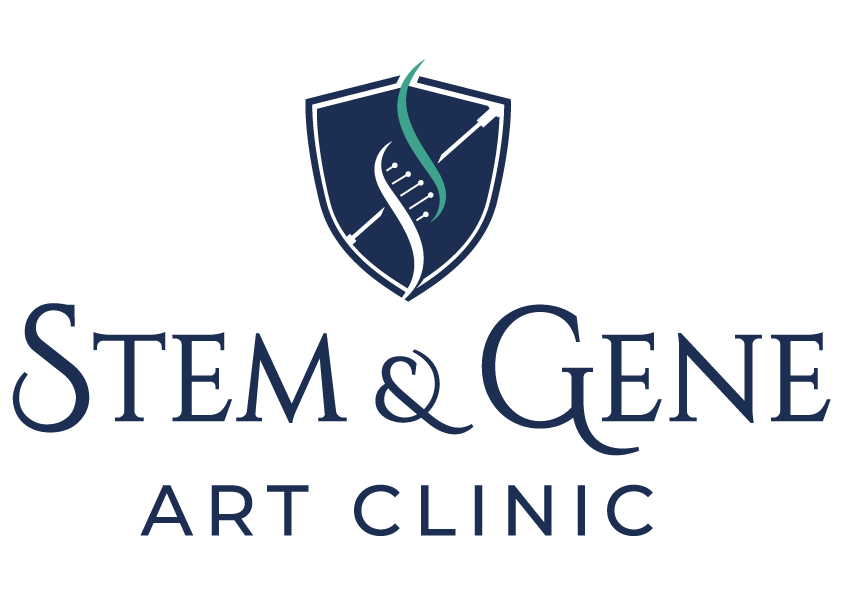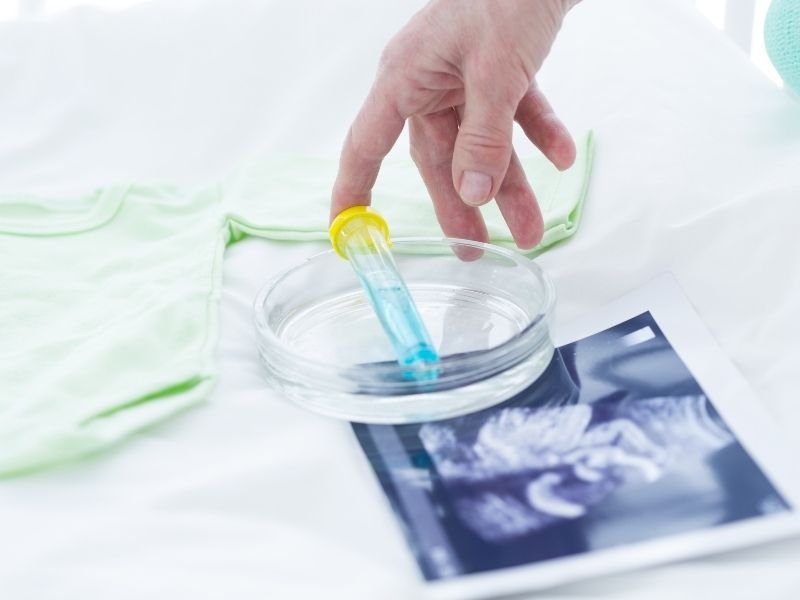Exosome treatment offers promising benefits for IVF patients with challenges like poor egg quality or recurrent implantation failure. By improving cellular repair and the implantation environment, it aims to enhance the chances of a successful pregnancy. This advanced therapy can be particularly effective for individuals struggling with specific infertility issues.
What is Exosome Therapy?
Exosome therapy is an innovative treatment utilizing tiny vesicles, called exosomes, to promote healing and regeneration within the body. These exosomes, which are naturally occurring in our cells, carry vital proteins, lipids, and RNA that facilitate cellular communication and repair. In medical treatments, exosome therapy involves extracting these vesicles from healthy cells and applying them to targeted areas to enhance tissue regeneration, reduce inflammation, and support overall recovery.
In the context of IVF, exosome therapy is used to improve reproductive health by supporting egg quality and the uterine environment, potentially increasing the success rates of fertilization and implantation. By harnessing the regenerative properties of exosomes, this therapy offers a cutting-edge approach to addressing infertility challenges and optimizing treatment outcomes.
When is Exosome Treatment Recommended?
Exosome treatment is recommended for individuals undergoing IVF, especially in cases of previous unsuccessful cycles. This advanced therapy supports fertility by improving egg quality and optimizing the uterine environment. It is particularly beneficial for women with recurrent implantation failures or those who have experienced poor egg quality in past IVF attempts. By enhancing cellular function and promoting a healthier reproductive environment, exosome therapy can significantly increase the chances of successful embryo implantation and a successful pregnancy.
Who are Suitable Candidates for Exosome Treatment?
Exosome treatment is a promising option for a variety of individuals seeking to enhance their fertility. Suitable candidates include those with a history of unsuccessful IVF cycles, women with diminished ovarian reserve, or those experiencing poor egg quality. It’s also beneficial for individuals with recurrent implantation failures or those facing challenges with embryo development. By targeting cellular regeneration and improving reproductive health, exosome therapy offers a potential solution for overcoming these fertility obstacles.
Advantages of Exosome Therapy for Young Women
For young women, exosome therapy provides several notable advantages. Despite their youth, some may still experience issues such as suboptimal egg quality or hormonal imbalances. Exosome treatment can enhance cellular repair and rejuvenate ovarian function, thus improving egg quality and increasing the chances of successful conception. Additionally, it helps in optimizing the uterine environment, promoting better implantation rates, and potentially reducing the time to pregnancy.
Exosome Therapy for Women Planning an Advanced Pregnancy
Women planning pregnancies at an advanced age can benefit significantly from exosome therapy. As age affects ovarian reserve and egg quality, exosome treatment helps to counteract these effects by promoting cellular health and rejuvenation. This therapy enhances the quality of eggs and the uterine lining, thereby improving the chances of successful embryo implantation and pregnancy. For women facing age-related fertility challenges, exosome therapy offers a valuable option to support their reproductive goals and achieve a successful pregnancy.
Exosome Therapy for Women with Low Ovarian Reserve
Women with low ovarian reserve often face significant challenges when trying to conceive, as it directly impacts egg quantity and quality. Exosome therapy presents a promising solution for addressing these issues. By harnessing the regenerative potential of exosomes, this treatment aims to rejuvenate ovarian function and enhance egg production.
Exosomes contain bioactive molecules that support cellular repair and regeneration, helping to restore the health of the ovarian follicles. This can lead to improved egg quality and an increased likelihood of successful fertilization. Additionally, exosome therapy may enhance hormonal balance and support a more favorable environment for embryo implantation. For women struggling with low ovarian reserve, exosome therapy offers a potential pathway to improve reproductive outcomes and increase the chances of achieving a successful pregnancy.
Exosome Treatment in Recurrent Pregnancy Losses
Recurrent pregnancy loss (RPL) can be a distressing and challenging condition for many women, often resulting from a variety of factors such as chromosomal abnormalities, hormonal imbalances, or immune system issues. Exosome therapy offers a novel approach to addressing these underlying causes and improving pregnancy outcomes.
Exosomes are tiny vesicles that play a crucial role in cellular communication and repair. In the context of RPL, exosome treatment can support uterine health and enhance the reproductive environment by delivering regenerative factors directly to the tissues involved. These regenerative factors help in reducing inflammation, improving blood flow, and promoting tissue repair, which can contribute to a healthier uterine lining and a more conducive environment for embryo implantation.
By targeting the cellular and molecular aspects of recurrent pregnancy loss, exosome therapy provides a promising option for women who have experienced multiple miscarriages. This treatment aims to address potential issues at the cellular level, improving the chances of maintaining a successful pregnancy and achieving a healthy outcome.


